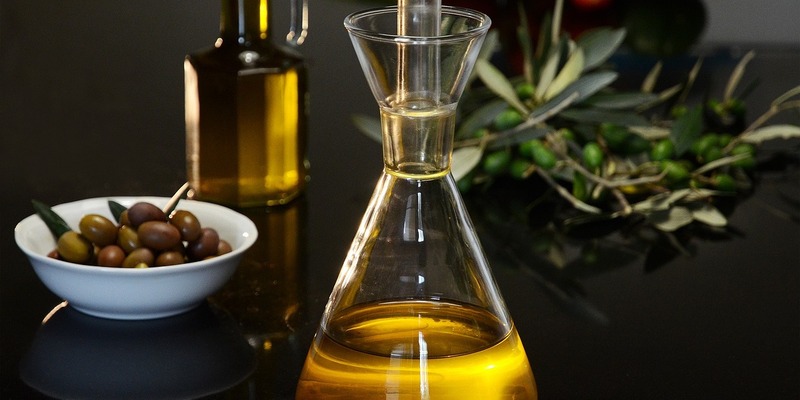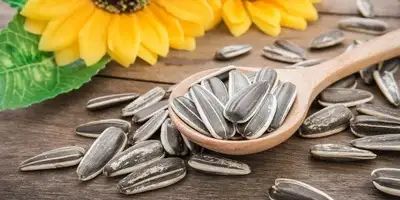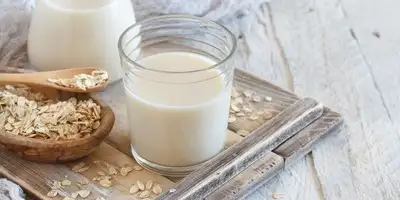Is olive oil healthy?

The question of whether olive oil is healthy comes to mind at the latest when you reach for a bottle of olive oil to cook with. Olive oil is, after all, ubiquitous. It is the oil of choice for almost every recipe. Whether you're cooking something savory or baking something sweet.
But is olive oil healthy?
Let's take a look at the basics to find out what makes olive oil so healthy and why you should only include it in your diet in moderation.
What is olive oil?
Extra virgin olive oil is obtained by pressing ripe olives without using chemical solvents or high heat. This process protects the beneficial phenols in the oil, which are also the substance that gives extra virgin olive oil its fruity and pungent flavor. The difference between olive oil and extra virgin olive oil is how they are processed, with extra virgin olive oil being the least processed. Regular olive oil can be heated or chemically treated to extend its shelf life. It can also be blended with other oils for a milder flavor. Since extra virgin olive oil is less processed, it contains more antioxidants and is tastier. Either option is fine, but extra virgin olive oil is recommended because it contains a higher concentration of antioxidants. If you buy olive oil for its health benefits, dz should choose extra virgin olive oil. Most of the studied health benefits are associated with this particular type of olive oil. When we refer to "olive oil or EVOO" below, we actually mean extra virgin olive oil.
Olive oil as part of the diet
So is olive oil healthy? Yes, but with a caveat: olive oil is a healthy substitute for other fats you may consume. But it's not necessarily a good idea to eat more fat - especially if you want to lose weight. Remember that olive oil is not the only source of healthy fats. All oils are high in calories - including olive oil.
Here is the nutritional value of olive oil for a 1 tablespoon serving:
- 120 calories
- 13% daily value for vitamin E
- 7% daily value for vitamin K
- Fat content: 14% saturated fatty acids, 78% monounsaturated fatty acids, 8% polyunsaturated fatty acids (out of a total of 14 g fat per tablespoon)
The benefits of olive oil:
1. olive oil is a staple in the Mediterranean diet
This diet is the food culture of the people who live along the Mediterranean Sea.
2. olive oil contains healthy fats
A large part of the fat in olive oil is oleic acid - a monounsaturated fat. Regular consumption of olive oil can promote heart health.
3. olive oil contains antioxidants
Olive oil contains vitamin E, an antioxidant that can help reduce the harmful effects of free radicals. Other antioxidants found only in olive oil include the phenols osteuropein and tyrosol.
4. olive oil may offer other benefits
An early animal study shows that olive oil may help improve cognitive health. In the study, mice fed an EVOO-rich diet showed better memory and learning performance.
How much olive oil per day is healthy?
Olive oil is a healthy fat, and it's certainly okay to use it daily. Experts recommend that fats should make up 20-35% of total calories per day. However, all these benefits shouldn't tempt you to stuff yourself with olive oil - oils are still one of the most calorie-dense foods you can eat.
Why olive oil can be bad for you:
For deep frying, it's best to leave olive oil on the shelf and choose a different oil. High-heat frying can oxidize the polyunsaturated fats in the oil, destroying nutrients and creating carcinogens.
More information
Always consult your healthcare provider to ensure that the information displayed on this page applies to your personal circumstances.


















